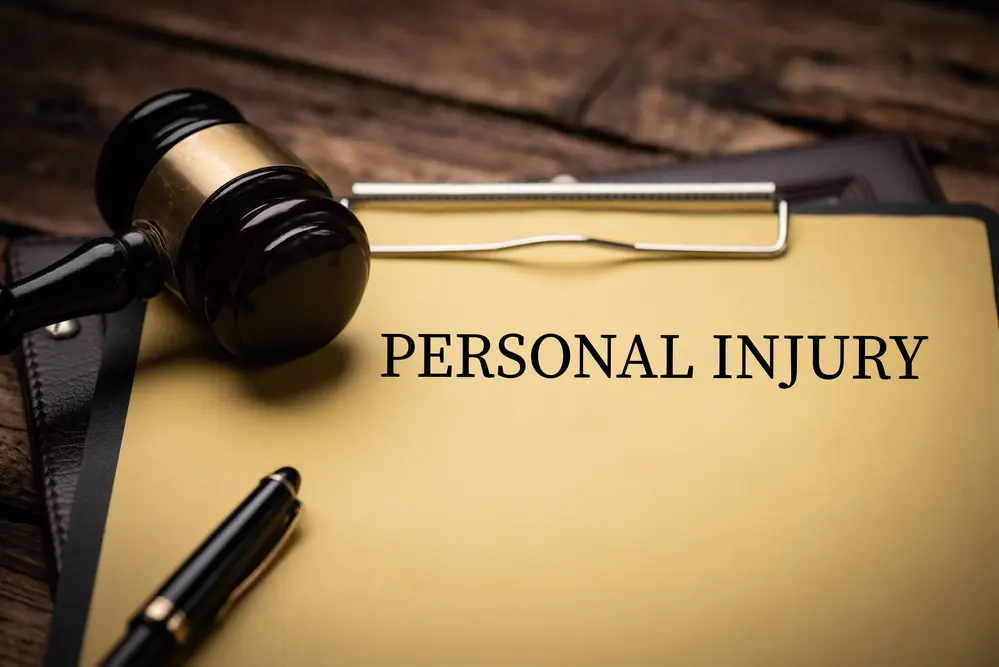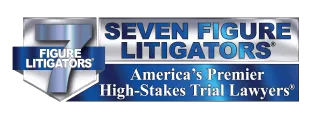If you are in the midst of pursuing a personal injury claim, you likely anticipate that the party responsible for your injury will have the opportunity to present defenses against your case and may be curious about the strategies they’ll take. When you work with a qualified and experienced personal injury attorney in Cheyenne, Wyoming and Laramie, Wyoming, they will be on the lookout for all possible defenses, including the following common ones.
What Are the Common Defenses in a Personal Injury Lawsuit?
Comparative Negligence Argument
One of the most frequently cited defenses in personal injury cases is comparative negligence. In Wyoming, if you are found to be partially at fault for the incident that caused your injuries, your compensation may be reduced by your percentage of fault. If you are found to be more than 50% at fault, you cannot recover any damages at all.
How might this be used against you? Say, for example, that you were not wearing a seatbelt during a car accident caused by another person. The defense might argue that your injuries were exacerbated by your own negligence, and the court may then say that you were 30% responsible for your injuries and reduce your final compensation by 30%. In a worst-case scenario, they may even argue that you would not have been injured at all if you had been wearing your seatbelt. We will carefully examine the circumstances surrounding your case to anticipate and counter such claims.
Assumption of Risk
In some personal injury cases, the defense may assert that you knowingly engaged in an activity that had apparent risks, known as the assumption of risk. This is particularly relevant in Wyoming, where outdoor activities like skiing or horseback riding are common.
If you were injured while participating in such an activity, the defense might argue that you accepted the inherent dangers as part of the experience. To counter this defense, it is important to show that the defendant’s negligence exceeded the normal risks associated with the activity.
Pre-Existing Conditions
Defense attorneys often scrutinize an injured party’s medical history, searching for pre-existing conditions that they can argue were the true cause of your symptoms instead of the incident in question.
For example, if you have a prior back injury and then file a claim for a back injury after a slip and fall, the defense may try to attribute your pain to your previous condition. Here, detailed medical records and expert testimony will help to differentiate between past injuries and the current harm caused by the defendant’s actions.
Release of Liability
Often in recreational or service-related scenarios, you may have signed a release of liability or waiver form. The defense might present this as evidence that you waived your right to sue. However, these waivers are not always ironclad, and a waiver is not an absolute shield against liability, especially if it’s proven that the injury was due to the defendant’s gross negligence or intentional actions.
We will look carefully at the language and circumstances under which you signed to determine if the waiver is enforceable. You cannot, for example, sign away your right to sue for injuries if the other party was not honest about the risks, and the waiver may be invalid if the other party knowingly failed to take certain safety steps.
Failure to Mitigate Damages
If you did not take reasonable steps to mitigate, or minimize, your damages after an injury, the defendant might argue that some of the damages you’re claiming should not be recoverable.
For example, if you delay seeking medical treatment and your condition worsens as a result, or if you fail to follow a doctor’s advice, the defense may claim that you are responsible for the additional harm. We counsel you on how to take appropriate actions following your injury to avoid such arguments.
Governmental Immunity
In instances where your injury involves a government entity or employee, the defense of governmental immunity may be asserted. Wyoming, like many states, has sovereign immunity laws that protect certain government functions from being sued.
However, there are exceptions to this rule, such as when the injury is due to a public servant’s negligence within the scope of their employment. We’ll examine the details of your case to find applicable exceptions that may overcome this immunity.
No Duty Owed
The defense may claim that they owed no legal duty of care to you. In personal injury cases, the plaintiff must show that the defendant had a duty of care that was breached. If the defense can successfully argue that they did not have a duty to protect you from harm, your case may be weakened. To counter this, we gather evidence to establish the existence of a duty and then show how the defendant’s actions or inaction breached that duty.
Statutory Protections
Defendants might also rely on statutory protections specific to certain activities or professions that provide immunity or limit liability under particular circumstances. For instance, Wyoming law provides certain immunities to ski operators, which can impact claims related to skiing accidents. We’ll analyze the relevant statutes in detail and argue why they should not preclude liability in your specific case.
Causation Challenges
The defense may dispute the causation between their alleged negligence and your injury. It’s not enough to show that the defendant was negligent: you must also prove that this negligence directly caused your injury. We confront causation challenges by presenting compelling evidence such as expert testimony, medical records, and accident reconstructions to establish a clear link between the defendant’s actions and your injury.
Contributory Negligence of a Third Party
Occasionally, the defense will try to shift blame to a third party, claiming that another individual or entity was the true cause of your injury. This can complicate your case, as it introduces additional factors and potentially other responsible parties. We anticipate this maneuver by conducting a thorough investigation to identify all parties who may share in the responsibility and ensure that the focus remains on the defendant’s actions and their direct impact on your injuries.
Assessment of Damages
A common defensive argument pertains to the valuation of your claimed damages. The defense might argue that the compensation you’re seeking for medical bills, lost wages, pain, and suffering, is excessive or unjustified. To challenge this, we will present detailed evidence of all your losses, including expert testimony on the nature of your injuries and their long-term effects, to substantiate the amount of damages we’re pursuing on your behalf.
Intervening Causes
In some cases, the defense may argue that an intervening cause, which is an event that occurs after the original negligent act, is what actually caused your injury. The claim is that this breaks the chain of causation between their actions and your injury. Our task is to prove that your injuries were a direct result of the defendant’s actions and that any intervening events were either foreseeable or had no real impact on the outcome.
Work With an Experienced Personal Injury Attorney in Cheyenne, Wyoming and Laramie, Wyoming
The above are just some of the potential defenses against your case: the key to getting past them is to work with a local attorney with lots of experience in personal injury law and knowledge of Wyoming laws and courts. If you’ve been injured by someone else’s negligence, contact Ochs Law Firm right away and talk to a compassionate and experienced attorney about your case.







